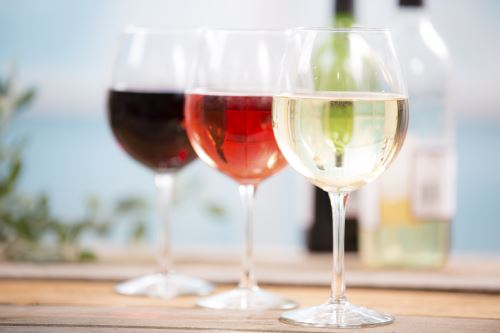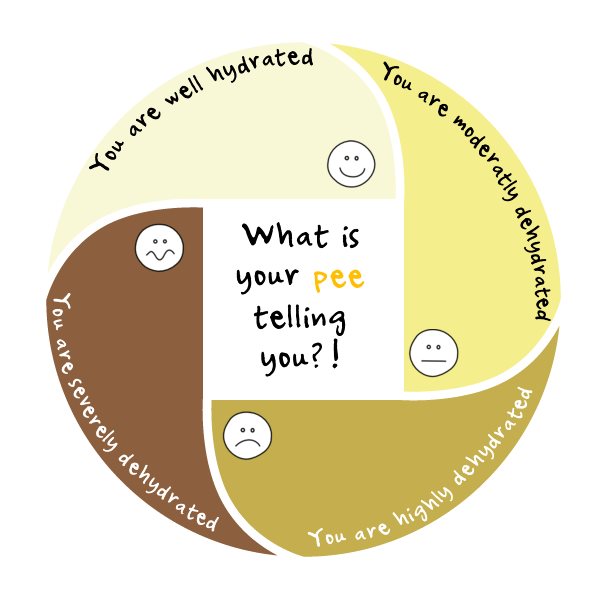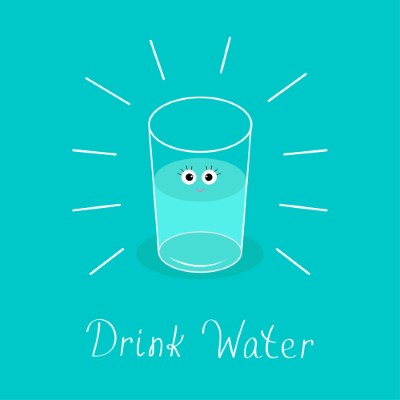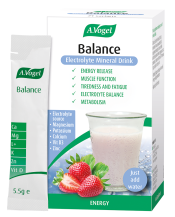Why is dehydration a problem over summer?
Warmer summer weather can bring with it a number of health problems – from swollen feet to sunburn and insect bites. One of the most common conditions in summer is dehydration, yet this is also one of the easiest to prevent.
Dehydration occurs when your body doesn’t have enough water. The most common reason is simply not drinking enough water, but summer presents some extra factors that increase your chances of becoming dehydrated.
Hot weather is, of course, a major factor because our bodies lose water in the form of sweat in order to keep cool.
Another factor which can often be overlooked is food poisoning or an upset stomach, which often occur when people eat abroad. Unfamilliar foods can cause diarrhoea and this contributes to dehydration because most of our water reabsorption occurs in the large intestines, so if you experience diarrhoea this means water does not have time to be reabsorbed.
 And finally, summer often brings with it an increased consuption of alcohol. An extra glass of wine or two a day on holiday, a cool beer in the sun after work, or a couple of drinks with freinds in the park – it all adds up!
And finally, summer often brings with it an increased consuption of alcohol. An extra glass of wine or two a day on holiday, a cool beer in the sun after work, or a couple of drinks with freinds in the park – it all adds up!
What are the consequences of dehydration?
Aside from oxygen, water is the body’s most precious resource. You can survive for a relatively long time (around three weeks) without food and we can survive months, even years with vitamin and mineral deficiencies – but you can only survive three to four days without water, or less in hotter weather.
Nearly all of the body’s functions, organs and structures require water. Water is vital for cell activity, digestion, brain function, lubrication and energy production. Even mild dehydration can cause headaches, dry skin, fatigue, constipation, sore joints and dizziness. Severe dehydration is much more serious and can lead to heat exhaustion, which can cause irritability and confusion, low blood pressure, rapid or weak heartbeat and fainting. In extreme cases, this can lead to heat stroke.
How do I know if I’m drinking enough water?
Many of us only remember to drink water when we are thirsty, but our thirst response is actually a sign that you are already dehydrated!
The recommended daily intake of water is around 1.5 litres for women and 2 litres for men, but this will change depending on the individual, how hot it is outside and the amount of exercise you do.
You’ll know that you’re drinking enough if your urine is clear to slightly yellow, and you generally should be urinating six to eight times a day – less than four times a day would indicate you are dehydrated.

Tips to help you increase your water intake
We know it can sometimes be tricky to squeeze drinking water into your daily routine, so we’ve got some tips to help you:
 Drink a glass of water in the morning when you get up – around 200ml or half a pint
Drink a glass of water in the morning when you get up – around 200ml or half a pint- Take a litre or 1.5 litre bottle of water to work with you and aim to finish it by the end of the day. It can sometimes help to use a straw as this helps you sip often throughout the day. When you aren’t at work, aim to have drunk the same amount by around the same time you would normally finish work.
- Before or during dinner have another glass of water (though if you have digestive complaints, aim to drink water half an hour before or after eating so it doesn’t dilute your digestive enzymes)
- Have one more glass of water in the evening, but make sure it isn’t too close to your bedtime or you’ll need to get up in the night!
Obviously this is just a basic guideline and you’ll need to adjust it depending on your lifestyle – for example if you go for a run after work you’ll need to drink an extra glass or two of water afterwards to replenish the water you lost while you were sweating. If you are on holiday in hot temperatures, you’ll need to up your water intake, particularly during the day while it is hottest.
What else can I do to avoid dehydration?
Aside from drinking enough water and adjusting your water intake to your environment and lifestyle, there are a number of extra precautions you can take to reduce your chances of dehydration.
Since your body loses water when you’re too hot in an effort to cool down, one of the best ways of avoiding dehydration, especially in summer, is to keep cool:
- Stay out of the sun during the hottest period of the day – from around 11 till 2.
- Wear light, loose clothing (cotton is best) and a wide brimmed hat.
- Place a fan in your office to keep you cool, or if you’re enjoying the sunshine outside on holiday, take a fan outside with you if you can.
- If you’re really feeling too hot and uncomfortable, wrap an ice pack in a towel and use as a cold compress – placing it on the forehead or wrists is a great way to keep cool!
You should also consider what foods you’re eating. Foods with a high water content such as lettuce, cucumber, peppers, tomatoes, watermelon, oranges and strawberries will help keep you hydrated. Have a look at our salad recipes for some ideas, and don’t be put off by the myth that salads are boring or not filling – a good mix of interesting veg and even fruit will make it delicious, and if you’re worried about it not being filling enough then you can easily add some quinoa or feta cheese to bulk it up.





 Looking for our products in a store near you?
Looking for our products in a store near you?

